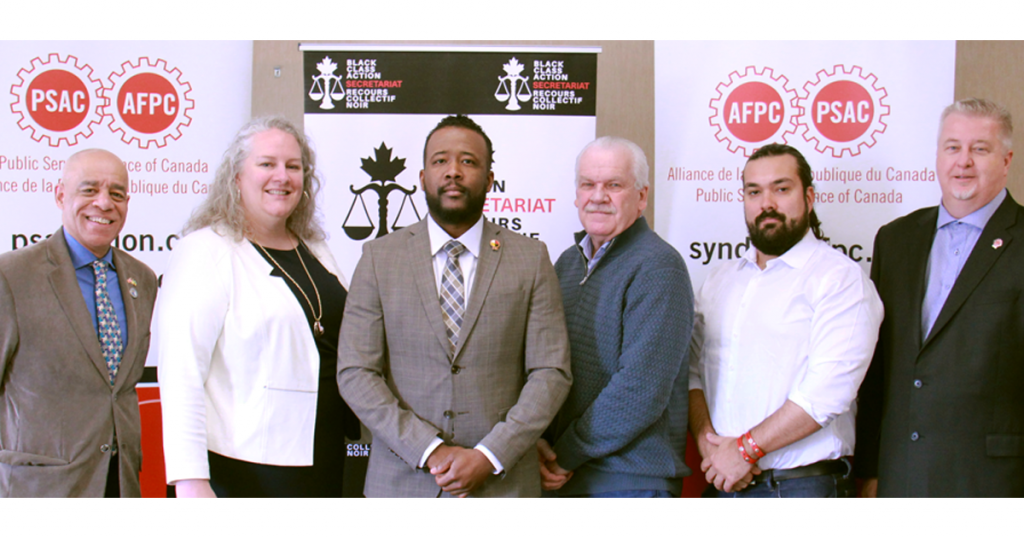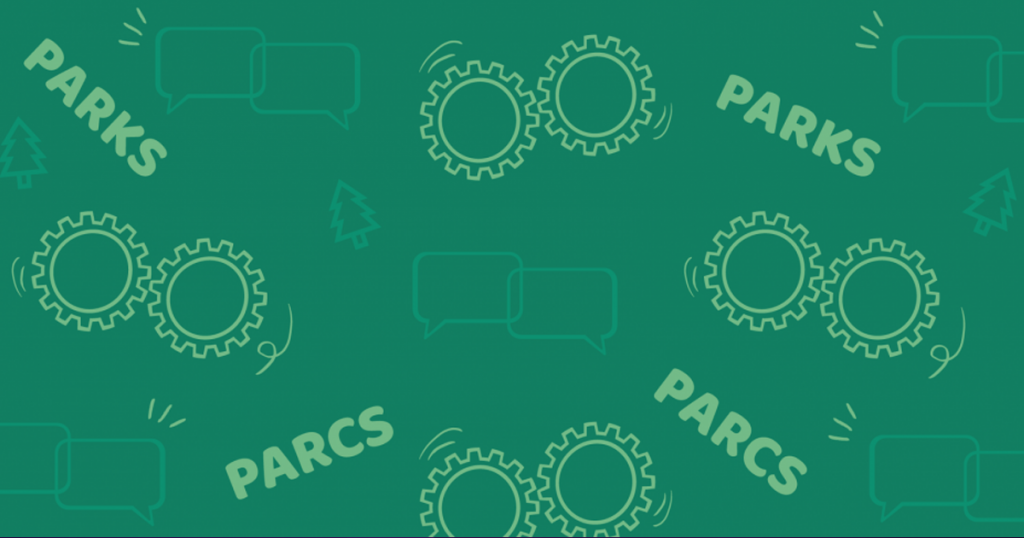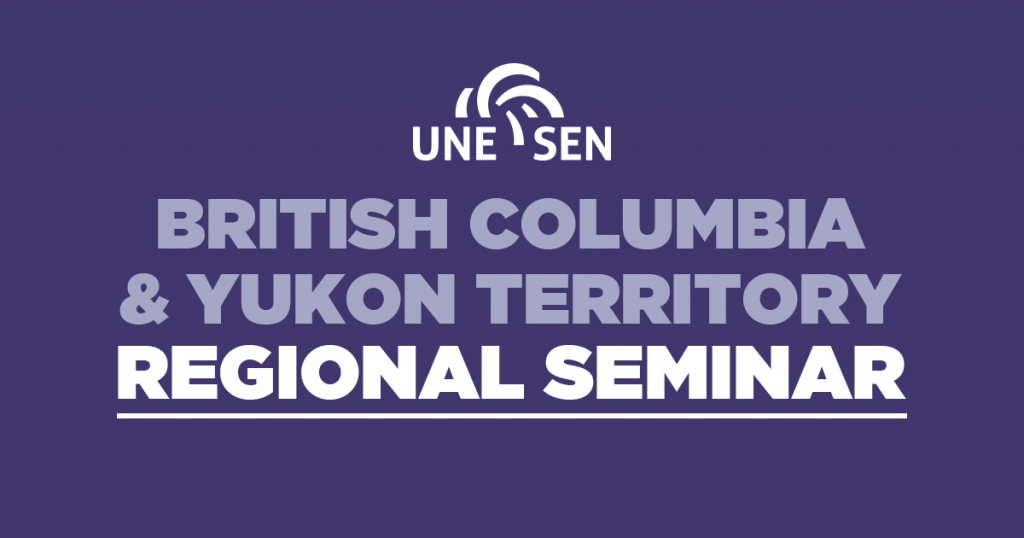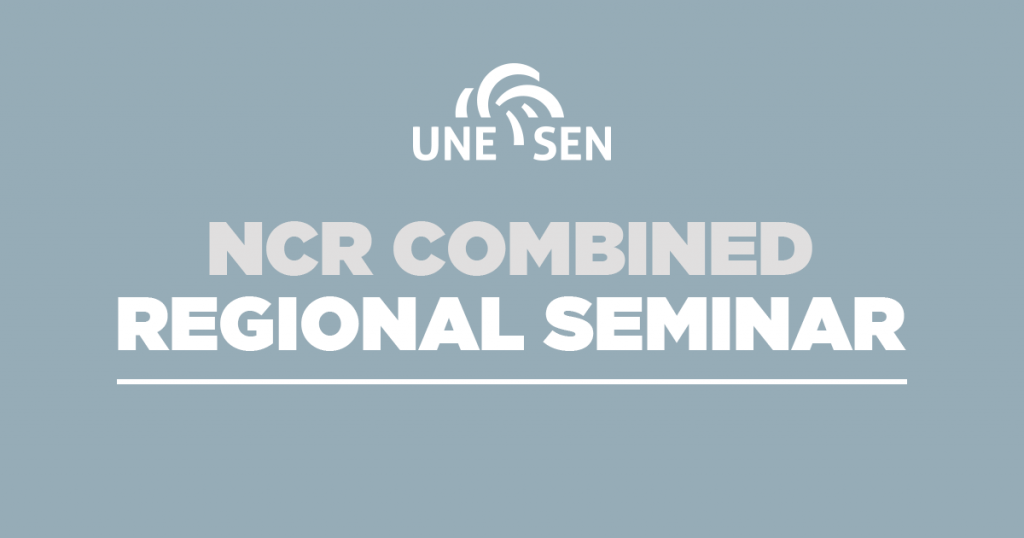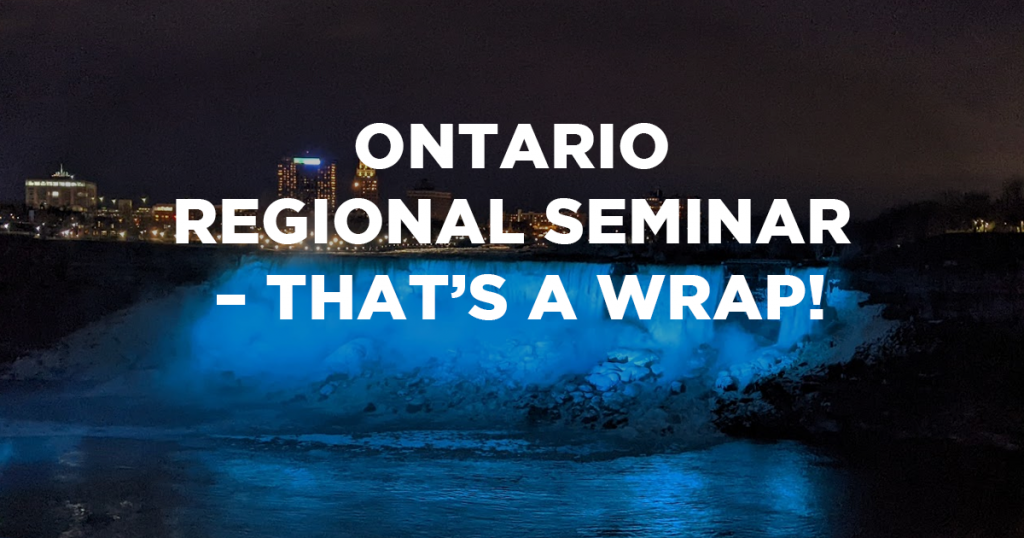
This is a reminder to all UNE members that we are less than three weeks away from the deadline to submit resolutions. The Convention Committees, where resolutions will be discussed, are scheduled to take place in Ottawa June 12-15.
How Can You Get Your Resolutions To Us?
Option 1
Locals should appoint a Convention resolutions committee; these are normally made up of three to five members. Some Locals may prefer to appoint a committee for each resolution topic: constitution and bylaws, finance, and general resolutions. Your Local should issue a notice asking members to submit resolutions to your Convention resolutions committee. Allow plenty of time for the committee to prepare a report. Members of the committee should also be encouraged to submit their own resolutions. Each committee’s report and additional resolutions should be presented during a general membership meeting. This meeting should provide ample time to debate resolutions before members cast a vote.
Option 2
Any member in good standing can submit a resolution to Convention by having it co-signed by five other members in good standing.
Submit Your Resolution Online
You should submit your resolutions electronically on our website. Completing this process significantly reduces the time required to prepare resolutions for committee review in June.
Submit Supporting Documentation
The resolutions you submit online must also be supported by signed minutes verifying that the resolution was adopted during a general membership meeting. You can download the resolution template on our Convention page here.
Please send scanned versions of these hard copies to the attention of Ateau Zola by email at resolutions@une-sen.org.
You can also submit by fax at 613-560-4208, or by mail at: Union of National Employees 900-150 Isabella St. Ottawa (ON) K1S 1V7.
Resolutions received after April 21, 2023 will be deemed late and will be dealt with after all other resolutions.
Questions about resolutions?
Please contact Ateau Zola at resolutions@une-sen.org or at 613-560-4343 or 1-800-663-6685.

